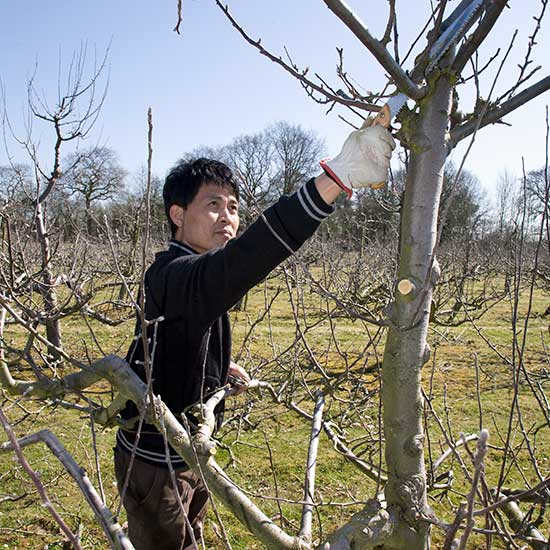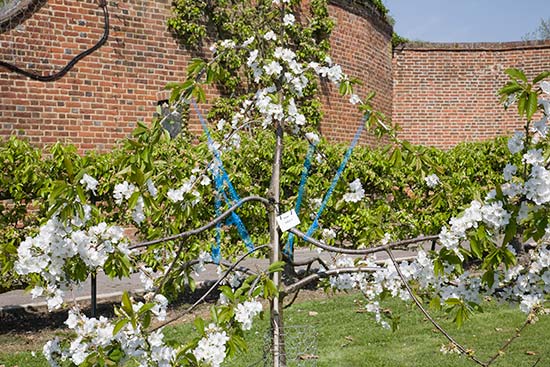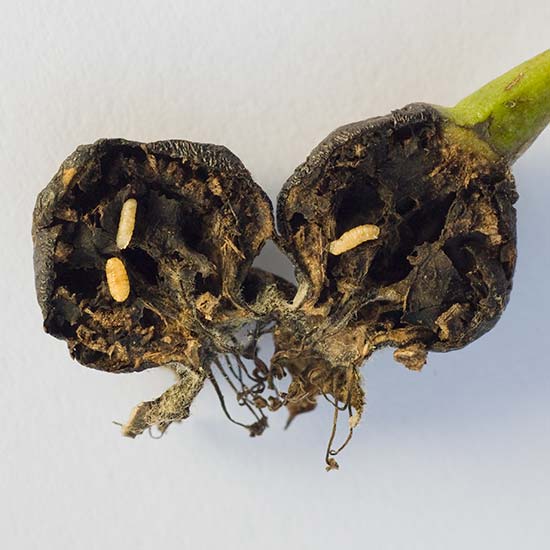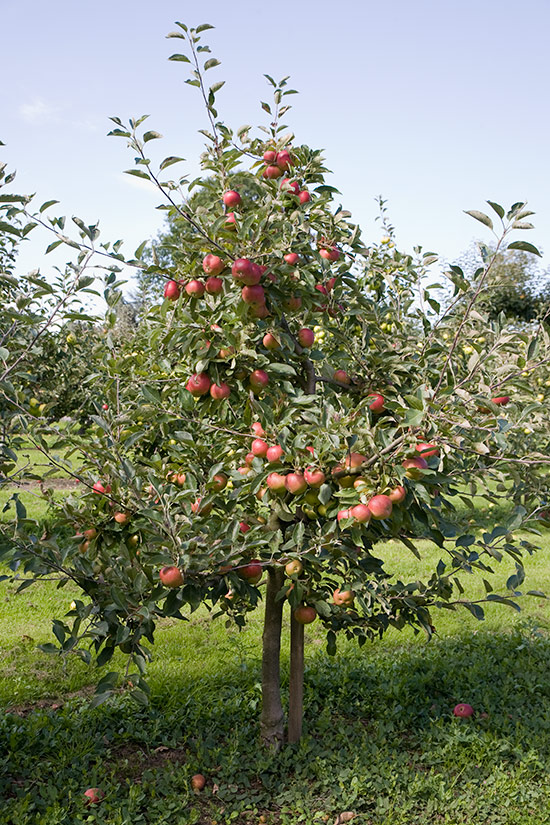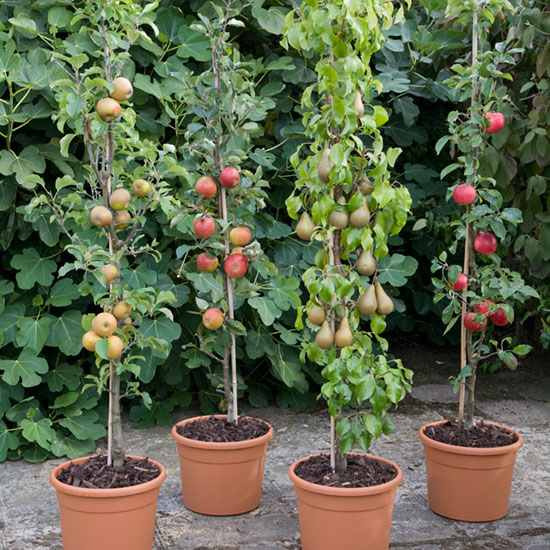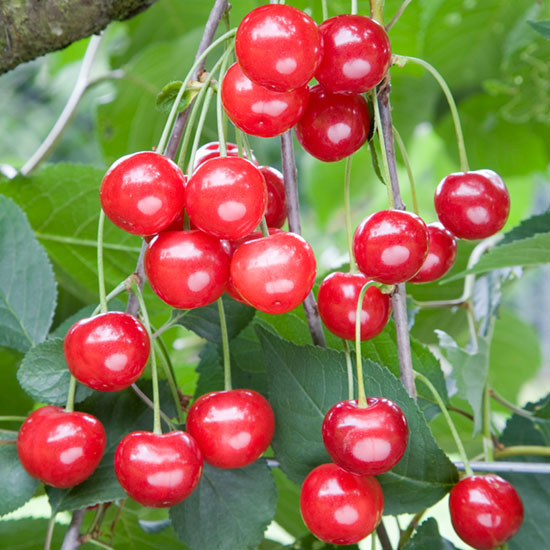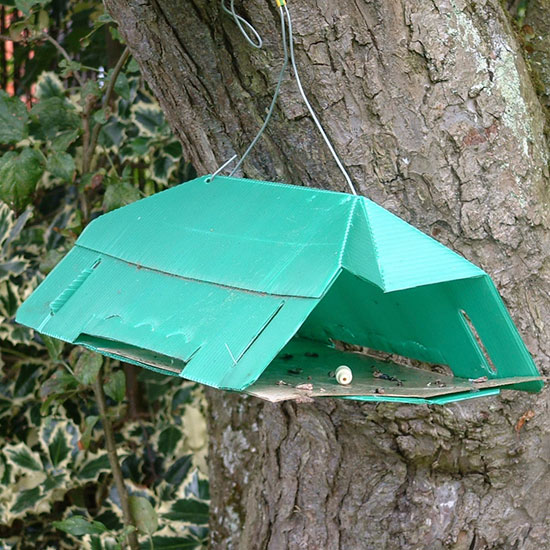Sibley’s Patio Trees – A Range of Fruits for Small Gardens
It’s more than fifty years and over three million grafts since I first held a grafting knife in my hands and was captivated by clonal propagation techniques. I marvelled at how a plant with roots would accept what is no more than a small shoot cut from another tree and that in a very short space in time, that shoot would grow and flourish and bear fruits attached to its newly adopted parent. Continue reading


